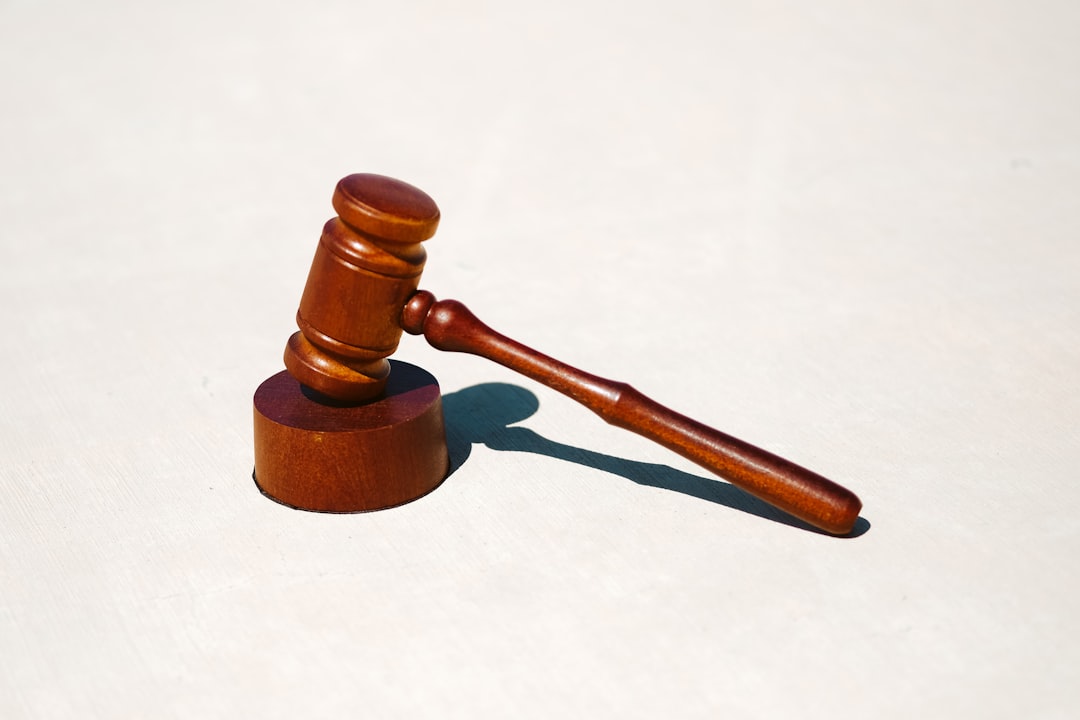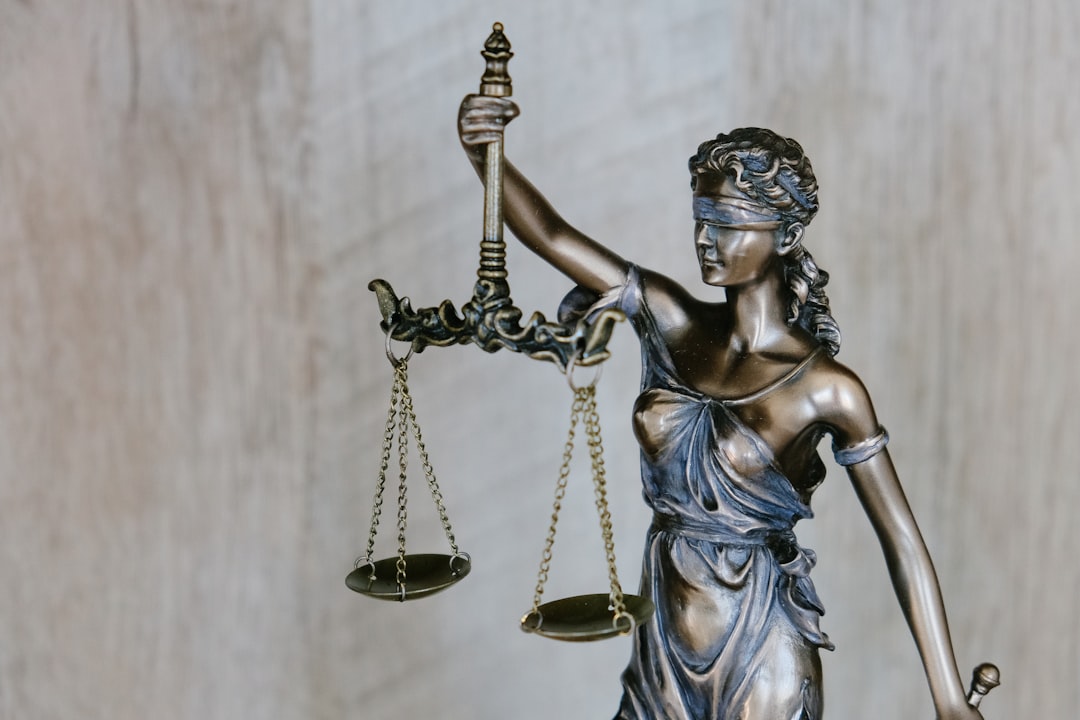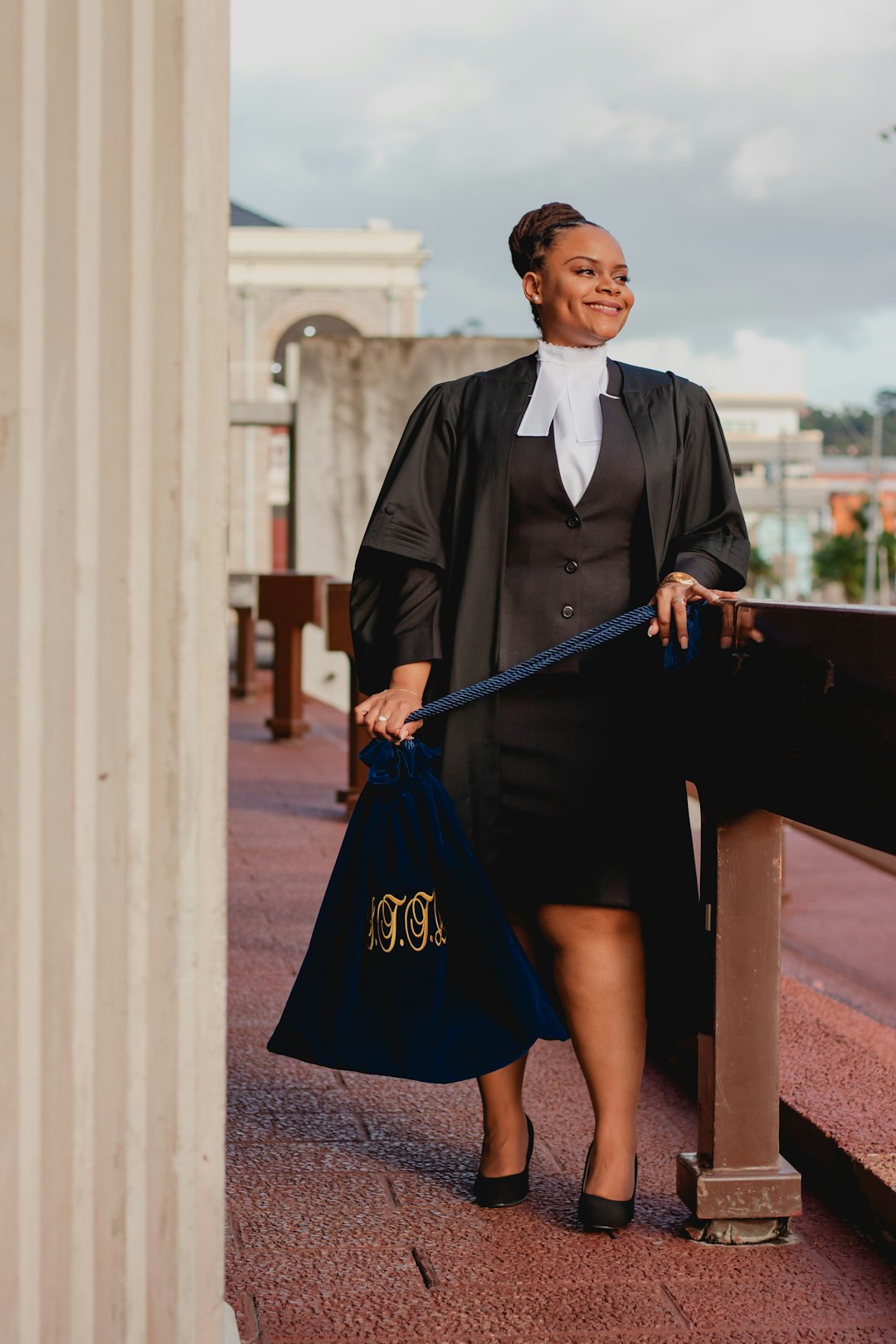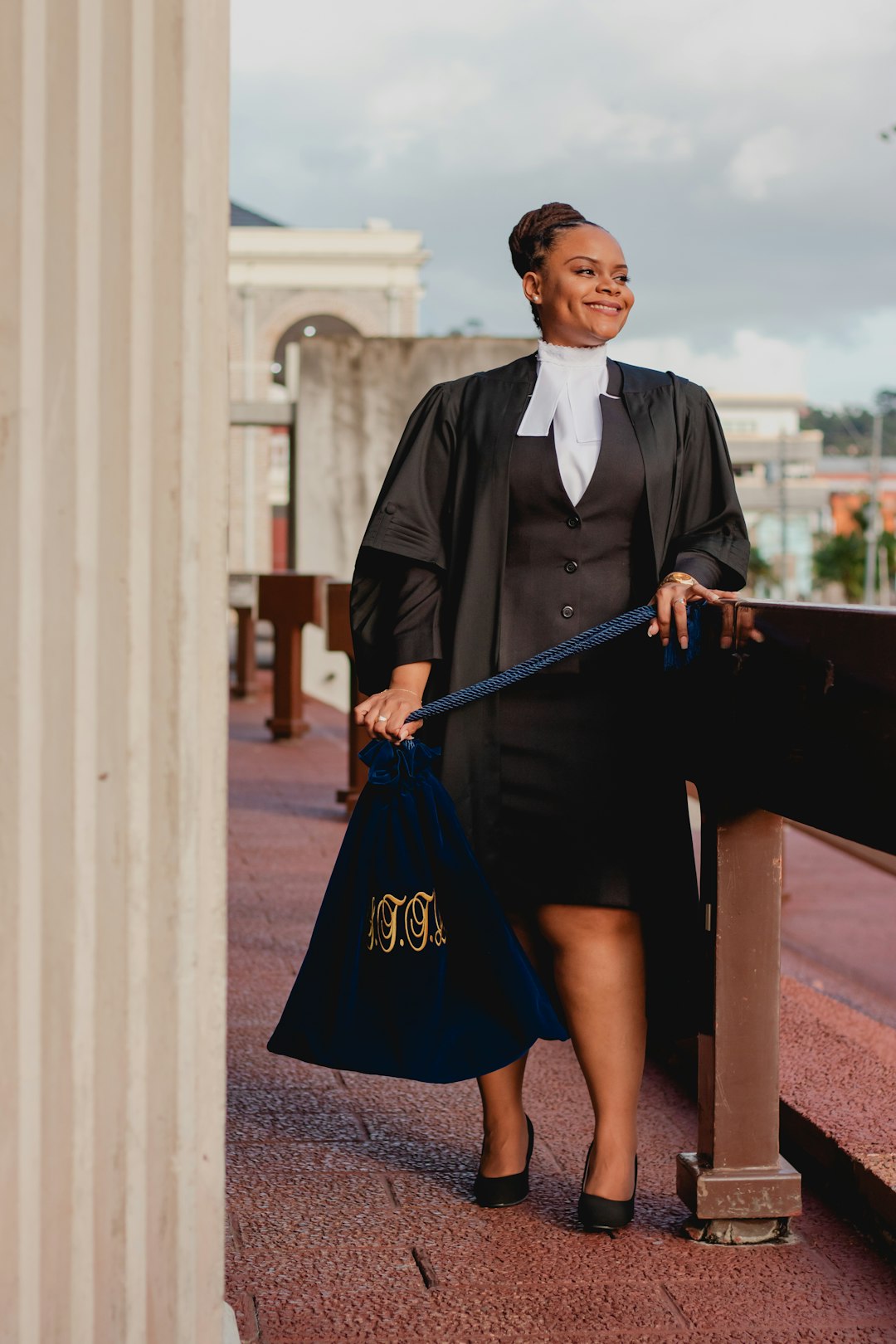Navigating sexual abuse cases in Oregon demands understanding state laws and court rules, with a focus on fairness and reliability. A sexual abuse law firm in Oregon adeptly handles evidence admissibility through knowledge of Oregon Rules of Evidence, balancing accuracy with sensitivity. Direct evidence, including testimonials and physical proof, is crucial for strong narratives. Circumstantial evidence, expert testimony, and documentation are powerful tools for building compelling cases, ensuring justice for victims, especially in complex or doubtful scenarios.
“In Oregon, navigating sexual abuse cases requires a deep understanding of admissibility standards, where evidence plays a pivotal role in reaching justice. This article serves as a comprehensive guide for victims, advocates, and legal professionals, delving into the types of evidence admissible in Oregon courts. From direct evidence like testimonials and physical findings to circumstantial patterns, expert testimony, and digital documentation, we explore what constitutes robust, legally sound proof in sexual abuse litigation. For those seeking guidance from a sexual abuse law firm in Oregon, this is an indispensable resource.”
Understanding Admissibility Standards in Oregon Courts

In Oregon, the admissibility of evidence in sexual abuse cases is governed by state laws and court rules, which can be complex. A sexual abuse law firm in Oregon understands that for evidence to be admitted in court, it must meet specific criteria as outlined by the Oregon Rules of Evidence. These rules ensure fairness and reliability in legal proceedings, particularly when dealing with sensitive matters like sexual assault.
The standards consider factors such as relevance, materiality, and the witness’s ability to testify accurately. For instance, statements made by victims or witnesses regarding the abuse are generally admissible if they meet certain conditions, ensuring their reliability and minimizing potential harm to the victim. This approach balances the need for accurate legal proceedings with the sensitivity of the subject matter, particularly in sexual abuse cases.
Direct Evidence: Testimonial and Physical Evidence

In sexual abuse cases, direct evidence plays a pivotal role in presenting a compelling narrative to Oregon courts. This includes both testimonial and physical evidence. Testimonial evidence comes from witnesses who directly observed or have firsthand knowledge of the events in question. It can include the victim’s testimony about the incident, as well as that of other individuals present at the time, such as friends, family members, or medical professionals.
Physical evidence, on the other hand, comprises tangible items that support the victim’s account. This may include medical records detailing injuries or examinations, clothing or fabrics with relevant stains or DNA evidence, and photographs documenting physical conditions. A sexual abuse law firm in Oregon understands the importance of these direct forms of evidence, which can significantly strengthen a case and lead to more just outcomes.
Circumstantial Evidence: Patterns and Inconsistencies

In sexual abuse cases, circumstantial evidence plays a significant role in building a compelling narrative. This type of evidence doesn’t directly prove guilt or innocence but rather paints a picture through patterns and inconsistencies. For instance, if a victim reports that the incident occurred at a specific time and place, and other witnesses or evidence corroborate this timeline, it strengthens the case. Conversely, inconsistent statements from the accused or third-party witnesses can suggest manipulation or a desire to evade responsibility.
A sexual abuse law firm in Oregon understands how to interpret these subtle details. By examining patterns and inconsistencies, they can help victims navigate the complexities of the legal system and ensure that their stories are accurately represented. This strategic approach leverages circumstantial evidence to achieve justice and provide closure for those who have suffered from such traumatic experiences.
Expert Testimony: Role of Professionals in Sexual Abuse Cases

In sexual abuse cases, expert testimony plays a pivotal role in helping Oregon courts understand complex issues related to victim behavior and the dynamics of such crimes. Professionals like psychologists, medical experts, and social workers are often called upon to provide insights that go beyond the scope of ordinary lay understanding. These professionals can help interpret physical evidence, discuss trauma responses, and offer expert opinions on various aspects of sexual abuse, thereby strengthening the case.
A sexual abuse law firm in Oregon often engages these experts to testify as witnesses during trials. Their specialized knowledge helps courts navigate sensitive matters, ensure a fair trial for the accused, and deliver justice for the victims. This testimony is crucial in cases where there may be no physical evidence or where the victim’s behavior post-abuse might raise doubts about their account, providing a vital perspective that complements other forms of evidence presented in court.
Documentation and Records: Digital and Medical Evidence

In sexual abuse cases, documentation and records play a pivotal role in presenting evidence. This includes digital and medical evidence that can significantly strengthen or substantiate claims. A sexual abuse law firm in Oregon often relies on these types of proof to build a compelling case for their clients.
Digital evidence, such as cell phone records, emails, social media posts, and surveillance footage, has become increasingly important in recent years. These materials can provide invaluable insights into the interactions between the victim and the accused, potentially confirming or denying allegations. Medical records are another critical component, detailing physical examinations, treatment reports, and any relevant medical findings that can corroborate a victim’s account of abuse. This evidence is meticulously reviewed by legal professionals to ensure its admissibility in Oregon courts according to state laws and regulations governing sexual abuse cases.






